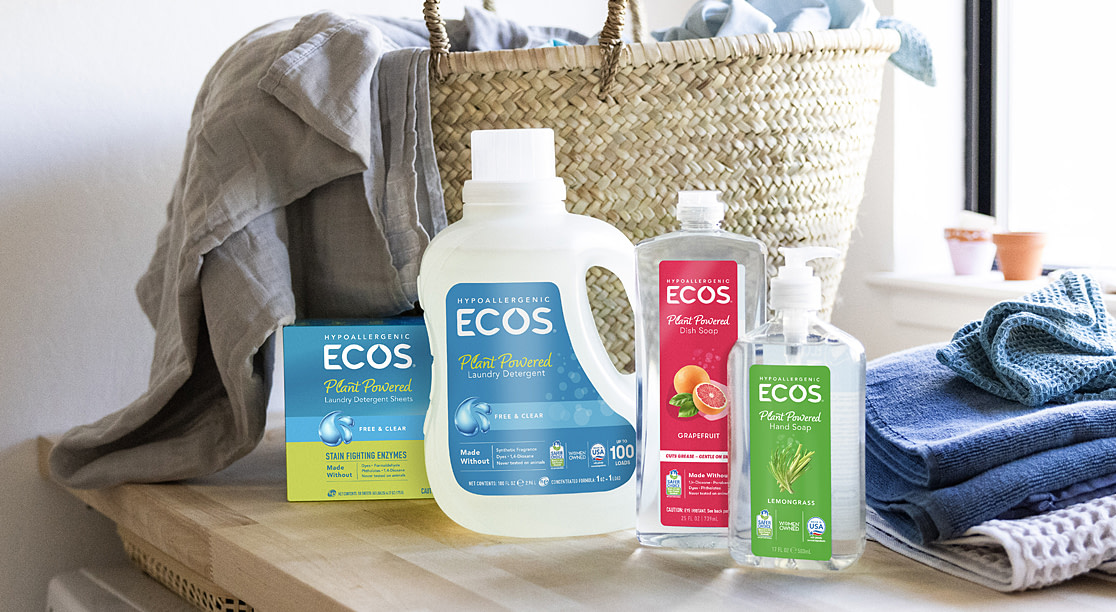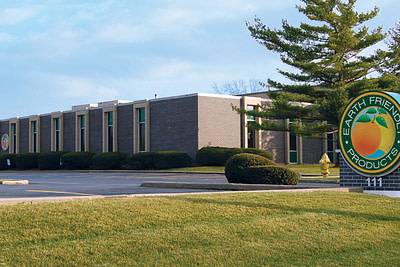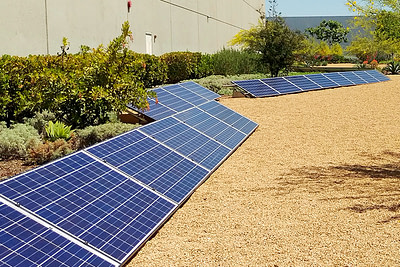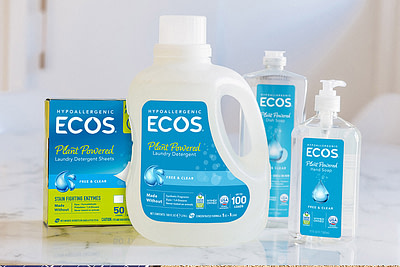Eco-conscious certifications: what are they and what do they mean?
5 minute read

In a world increasingly aware of the importance of protecting the environment, eco-conscious certifications have become an essential tool to guide consumers toward products that not only meet their needs but also respect the planet. These certifications are granted by independent organizations that evaluate and validate companies’ commitment to sustainable and responsible practices.
What are eco-conscious certifications?
Eco-conscious certifications are seals awarded by independent bodies that endorse that a product, service, or company meets specific standards of sustainability and environmental respect. These certifications assess various aspects such as ingredient selection, manufacturing processes, environmental impact, and social responsibility. They also examine responsible management of natural resources, reduction of pollutant emissions, waste minimization, and the implementation of fair labor practices. By obtaining a sustainability certification, a company demonstrates its commitment to social and environmental responsibility, which can enhance its reputation and attract sustainability-conscious consumers.
What do these certifications mean for consumers?
For users and product buyers, eco-conscious certifications offer several guarantees:
- Safety: Certified products are formulated without harmful chemicals, making them safer for people and pets.
- Effectiveness: These certifications ensure that products are effective in their cleaning function, using less water and energy.
- Transparency: Certifications provide clear information about ingredients and manufacturing processes, allowing consumers to make informed decisions.
Main eco-conscious certifications in the United States
In the United States, eco-conscious certifications are fundamental to ensuring that the products we purchase meet high standards of sustainability and environmental respect. These certifications, granted by independent organizations, evaluate various aspects such as ingredient selection, manufacturing processes, and the environmental impact of products.
- EPA’s Safer Choice: Developed by the U.S. Environmental Protection Agency (EPA), this certification helps consumers identify cleaning products that are safe for human health and the environment without compromising effectiveness. Products bearing the Safer Choice label have undergone rigorous performance and safety testing.
These are the three key aspects evaluated by Safer Choice:
-
- Performance: Safer Choice requires third-party testing against well-known commercial branded products. Products must perform comparably or better than the established benchmarks.
- Safety: Safer Choice reviews each ingredient based on its toxicological profile. They also have the Cleangredients site, which lists previously approved ingredients.
- Innovation: Safer Choice requires continuous evaluation of formulas and regularly notifies manufacturers about ingredients that no longer meet their standards. They encourage innovation by continuously raising safety requirements.
- LEED Zero Certification: Awarded by the Green Business Certification Inc. (GBCI), this certification recognizes facilities that have achieved net-zero carbon emissions, net-zero energy use, or zero waste. It demonstrates an exceptional commitment to sustainability in daily operations.

- USDA Organic Certification: Administered by the United States Department of Agriculture (USDA), this certification ensures that agricultural products are grown and processed following practices that promote resource recycling, ecological balance, and biodiversity conservation. Products with the USDA Organic seal contain at least 95% organic ingredients.
- Green Seal: An independent eco-certification that ensures products meet strict sustainability standards, including human health safety, reduced environmental impact, and high performance.
- USDA Biobased: A program by the U.S. Department of Agriculture that certifies products made with biobased ingredients, promoting the use of renewable resources instead of petroleum-based materials.
ECOS’s commitment to eco-conscious certifications
ECOS has demonstrated a strong commitment to sustainability and environmental responsibility, obtaining several notable certifications in the United States:
- EPA’s Safer Choice: More than 120 ECOS products are Safer Choice certified, ensuring they meet the highest safety and performance standards set by the EPA. This certification reflects ECOS’s commitment to the health of its consumers and the environment.

- LEED Zero Certifications: In 2021, ECOS became the first manufacturer in the United States to achieve the most important triad, namely the three LEED Zero Carbon, LEED Zero Energy, and LEED Zero Waste certifications. These certifications were granted after verifying that ECOS facilities achieved net-zero carbon emissions, net-zero energy use, and diverted more than 95% of their waste from landfills and incinerators over a 12-month period.
ECOS’s eco-conscious values are reflected in its unwavering commitment to sustainability and environmental protection. Since 2013, the company has achieved carbon neutrality by using 100% renewable energy and reducing transportation emissions, avoiding more than 28 million pounds of CO₂ annually. In 2016, it reached water neutrality, restoring more than 14 million gallons of water in threatened habitats each year. Additionally, in 2015, it obtained the TRUE Platinum Zero Waste certification, diverting more than 99% of its waste from landfills and incinerators.
These certifications not only help validate ECOS’s sustainable practices but also represent an honor and recognition for the company, its management, and its workers, reaffirming their dedication to creating safer and more sustainable cleaning products for people and the planet.
By choosing ECOS products, consumers can be confident that they are opting for cleaning solutions that are not only effective but also help contribute to a more sustainable future. The certifications obtained by ECOS reflect its dedication to responsible practices and its commitment to the health of the planet and its inhabitants.

In summary, eco-conscious certifications in the United States are a valuable guide for consumers seeking products that align effectiveness and sustainability. Companies like ECOS, which have obtained these certifications, offer the assurance that their products have been rigorously evaluated and meet high environmental and safety standards.
Sources:
Safer Choice: https://www.epa.gov/saferchoice
LEED Zero Certification: https://www.usgbc.org/leed-zero
Green Seal: https://www.greenseal.org
USDA Organic Certification: https://www.ams.usda.gov/services/organic-certification
USDA Biobased: https://www.biopreferred.gov
